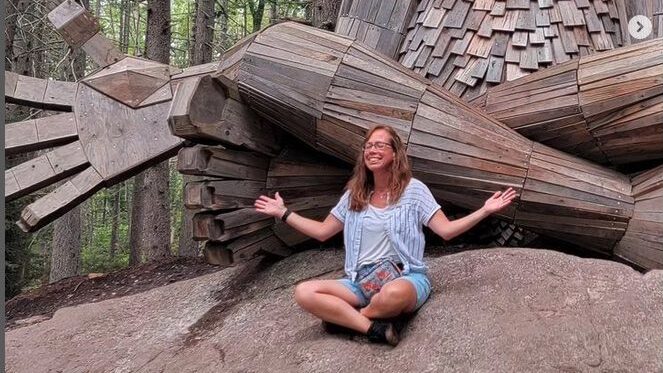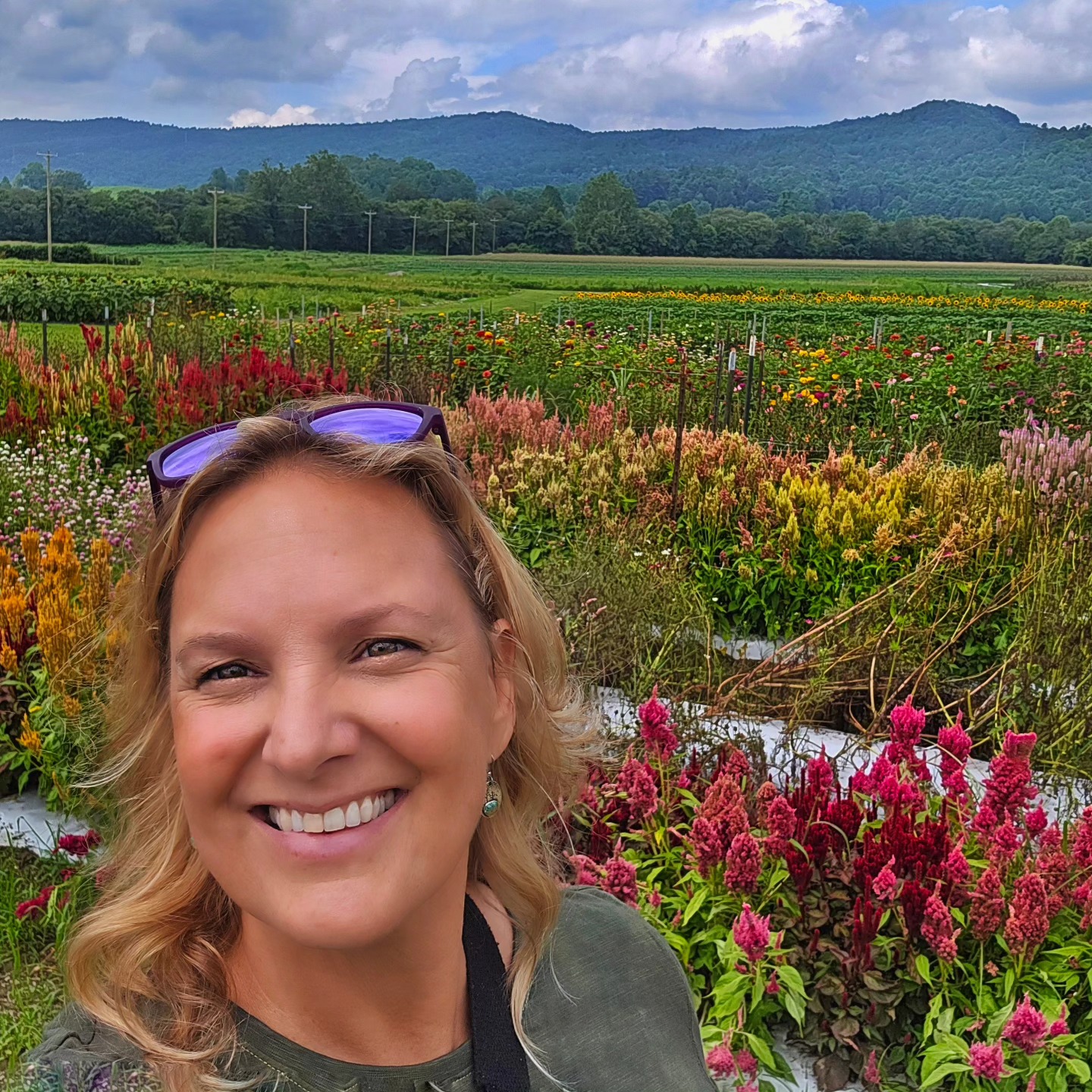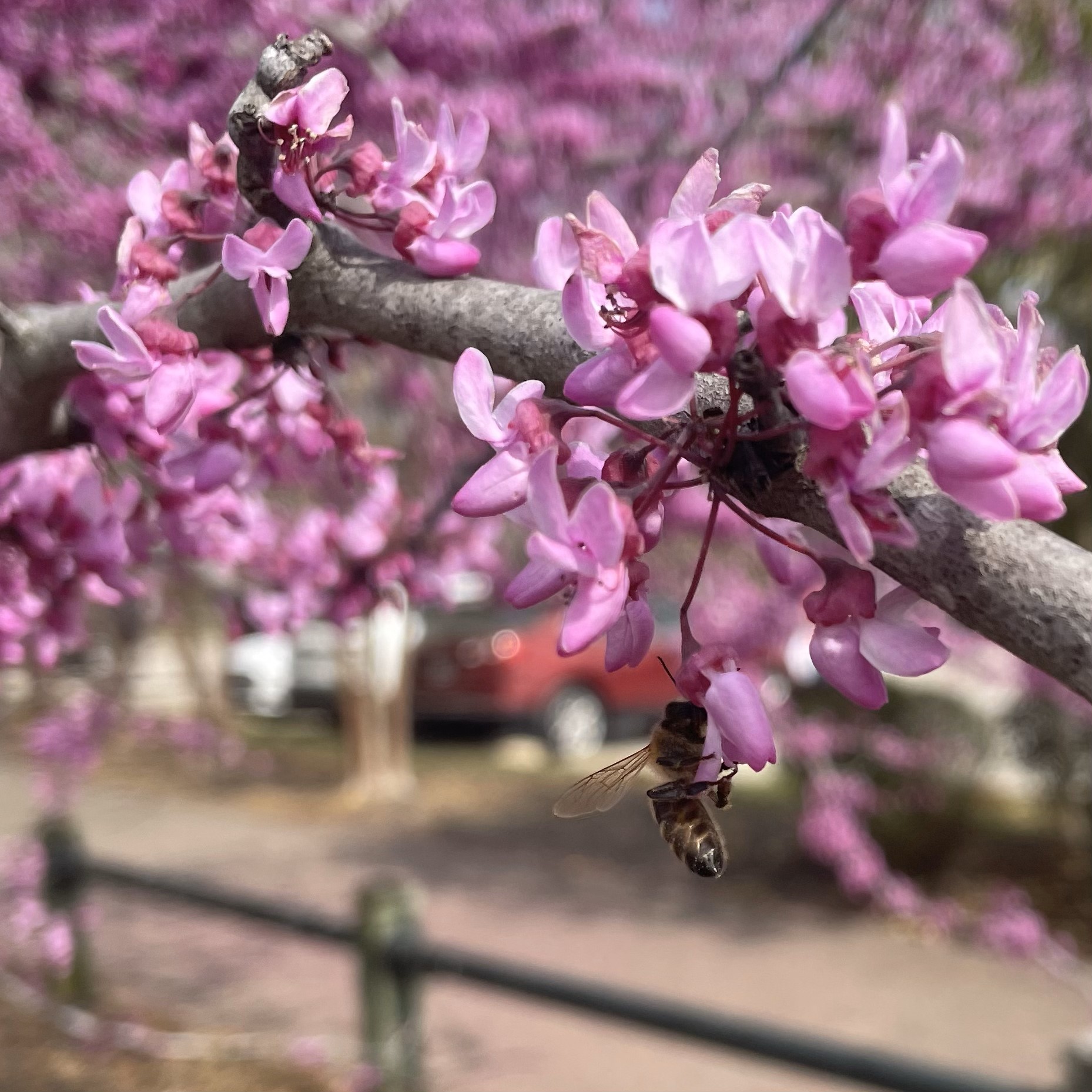Article by Doug Lockard
In December 2022 the United Nations sponsored a biodiversity conference in Montreal; 190 nations agreed that protecting biodiversity has to be a priority. This is a HUGE win for the global movement to protect, preserve and restore biodiversity. Many of the concerns set forth in what is being called the 30x30x30 agreement align closely to those of the SCNPS, such as destruction of habitats and invasive alien species.
For those of you with a life, I’ll attempt to boil it all down!
Just what is COP15?
COP15 is shorthand for the 15th meeting of the Conference of the Parties (COP) to the UN Convention on Biological Diversity (CBD). This is a separate initiative from COP27 which focuses on climate change, but there are some overlaps.
What have the Parties agreed to?
The 190 nations agreed to a treaty that sets as a goal meeting the terms of the Kunming Declaration, which calls for each nation to forever preserve 30% of their land and 30% of their water resources by 2030 (thus the 30x30x30 handle). That may seem like a lot, and it is; it’s an important step. (In his final book, Half Earth, Nobel prize-winning biologist E.O.Wilson proposed that the only way to save our own species was to set aside half the earth as protected ecosystems not later than 2100.)
Per Brian O’Donnell, director of the Campaign for Nature: “The ‘30x30x30’ target marks the largest land and ocean conservation commitment in history. It will have major positive impacts for wildlife, for addressing climate change, and for securing the services that nature provides to people, including clean water and crop pollination.”
“The biosphere and the 10 million species that compose it can no longer be treated as a commodity, but as something vastly more important—a mysterious entity still beyond the boundaries of our imagination yet vital to long-term human existence.” E.O.Wilson
Is the USA one of the Parties?
In the 1980s it was the United States who championed the idea of a Biodiversity Treaty, and the US was also influential in getting the effort off the ground in the early 1990s. However, in 1992 at the Rio Earth Summit the US was not one of the 150 nations who signed up for the world’s most important international agreement to conserve biodiversity, the Convention on Biological Diversity (sometimes referred to as “The Treaty of Life”). That treaty is designed to protect species, ecosystems, and genetic diversity, and to push countries to create national biodiversity strategies and to expand their networks of protected areas.
The problem is that treaties like this one require a two-thirds Senate majority, and some of our Senators argue that CBD (or almost any treaty) would infringe on American sovereignty, put commercial interests at risk, impose constraints on US Constitutional independence, create redistributionist schemes, and/or impose a financial burden.
CAUSES OF BIODIVERSITY LOSS
-
- Climate change.
- Pollution.
- Destruction of habitats.
- Invasive alien species.
- Overexploitation of the natural environment.
That may be the case, but the world doesn’t belong to just us. So, in 2021, the Biden administration launched the America the Beautiful Initiative, which does target the 30x30x30 goals. That’s good news, but it now begs the question:
What Can I Do?
Unsurprisingly, native plants are at the core of healthy biodiversity, and you don’t have to look any further than your own yard for opportunities to contribute to global 30x30x30 goal.
Douglas Tallamy has the right idea with the Home-Grown National Park. Check them out and Get on the Map!
If you need a little help getting started, there are numerous organizations sponsoring programs for restoring your yard to a healthier habitat for all, like the National Wildlife Federation’s Certified Wildlife Habitat, SC Wildlife Federation’s Gardening for Wildlife and their Carolina Fence Gardens, Clemson’s Carolina Yards, and Audubon’s Bird Friendly Backyards.
Be aware, vote your conscience, and plant native plants! The SCNPS is here to help. Reach out to us!
Additional Information and Resources Links in this Article:
- COP15
- Kumning Declaration
- America the Beautiful Year One report
- Convention of Biological Diversity (CBD)
- E.O.Wilson essay
- Half Earth book review
- The Campaign for Nature
- SCWF: The SC Wildlife Federation
- The SCWF’s Carolina Fence Gardens
- Clemson’s Carolina Yards certification
- Audubon’s Bird Friendly Backyards
- The National Wildlife Federation’s Certified Wildlife Habitat





